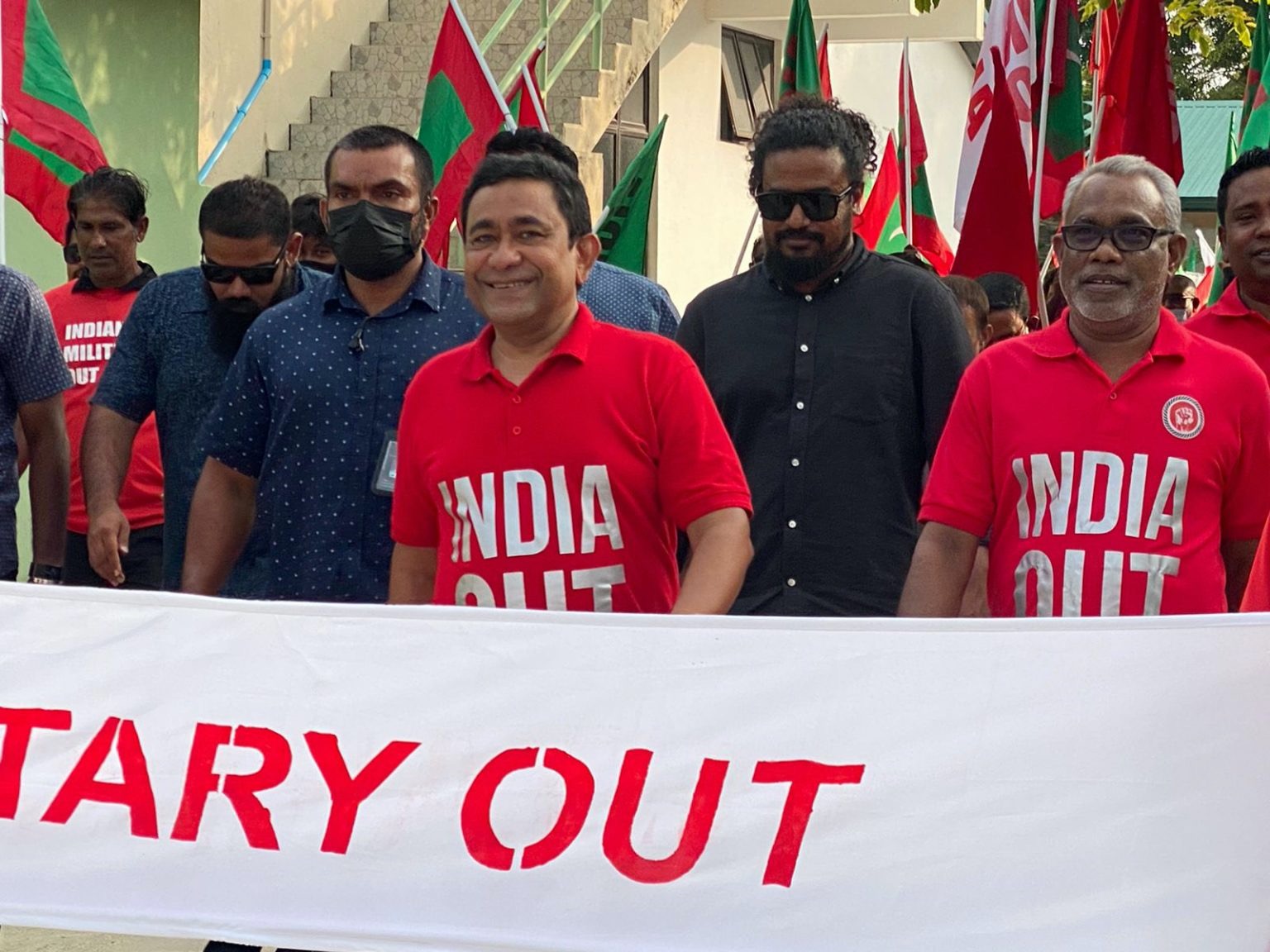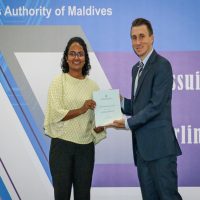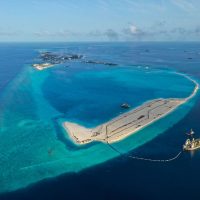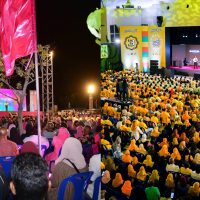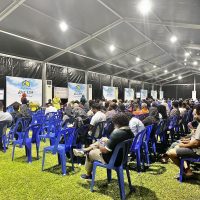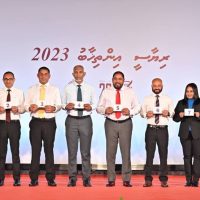Welcome to the inaugural edition of our weekly briefing, a concise roundup of the top stories from the past week.
1. Governing Coalition Condemns Anti-India Campaign
The opposition’s ‘India Out’ campaign dominated headlines as parties in the ruling coalition accused former president Abdulla Yameen of “recklessly inciting hatred” towards the giant neighbour. The opposition leader contends that India is building a military presence and undermining the country’s independence, allegations dismissed as “misguided and unsubstantiated” by the Maldivian Democratic Party-led government.
Coalition partners echoed the condemnation. Political leaders should not publicly antagonise a close bilateral partner, former president Maumoon Abdul Gayoom weighed in. Indian soldiers visiting under security cooperation agreements for training and joint exercises does not amount to a military occupation, the Jumhooree Party argued. The Islamist Adhaalath Party denounced the anti-India campaign as a political ploy to manipulate public sentiment.
Since his return to active politics after the Supreme Court overturned his money laundering conviction, Yameen has intensified the nationalist campaign, travelling to rally supporters energised by his release and leading protests on several islands. The government is beholden to India after making a Faustian pact to win the 2018 election, he alleged. “A person who joins the devil won’t be able to let go of the devil’s hand,” he was quoted as saying.
Traditionally close ties with India were strained during Yameen’s tenure as he drew the Maldives closer to China and built flagship infrastructure such as the Sinamalé bridge. The current’s administration’s own bridge, housing and port projects are financed by Indian grants and lines of credit.
Context: Geopolitical and local rivalries intersect once again as the 2023 presidential election campaign begins to takes shape. The opposition leader’s recent remarks were unprecedented from a Maldivian politician.
2. Hulhumalé Land Sales Spark Outrage
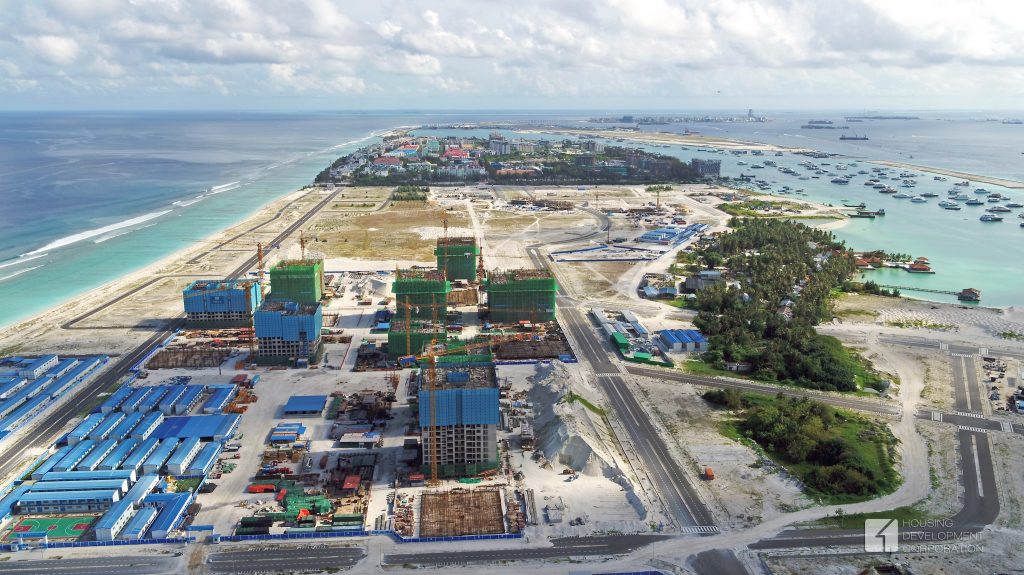
An announcement on Monday to sell 60 plots of land from the capital’s suburb Hulhumalé caused an uproar. Auctioning land from the artificial island before providing housing to low-income families was “unacceptable,” declared Speaker of Parliament Mohamed Nasheed. Malé City Mayor Dr Mohamed Muizzu accused the government of prioritising revenue ahead of solving the acute housing shortage in the overcrowded capital.
Two days later, President Ibrahim Mohamed Solih reiterated his campaign pledge to provide housing for residents of Malé. Construction of 5,000 flats is underway in Hulhumalé and up to 4,000 plots from the reclaimed Gulhifalhu island would also be awarded, he assured.
Why It Matters: The Malé housing crisis was a critical issue of the 2018 campaign. Nearly 40 percent of the country’s population is crammed into the 2.2-square mile capital island after decades of migration in search of employment, education and healthcare. Many families share a single room and live in slum-like conditions or pay exorbitant rents.
3. Anti-Graft Watchdog’s Members Quit
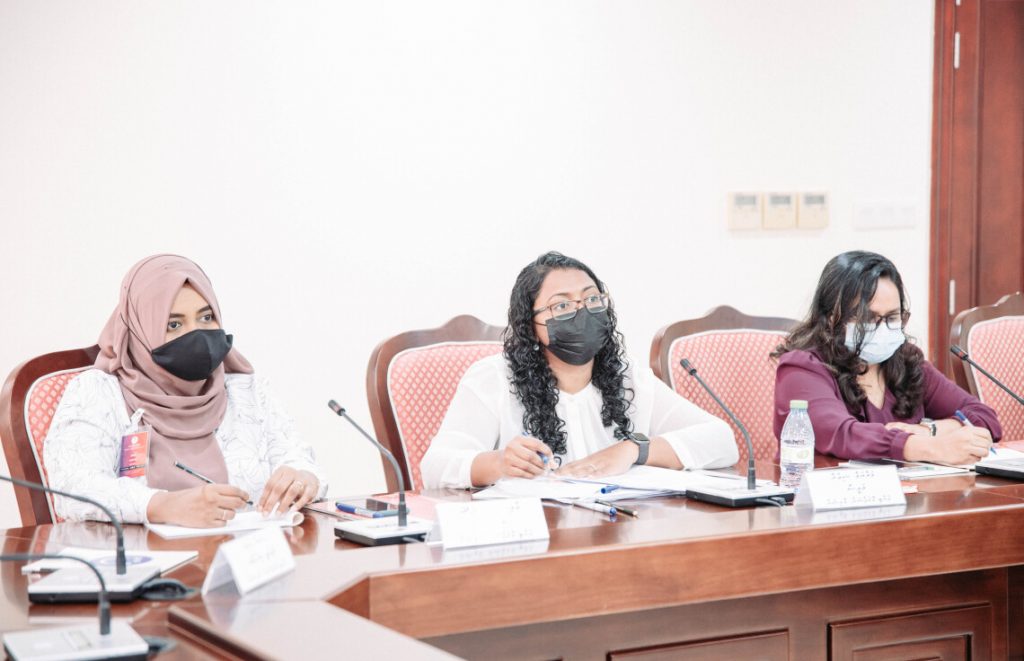
Three members resigned from the Anti-Corruption Commission (ACC) on Monday, a day after parliament’s independent institutions committee recommended no-confidence votes over their failure to conclude graft cases. The five-member watchdog blames a lack of adequate time and resources. The outgoing commissioners – including the ACC’s president Mariyam Shiuna, vice president Fathmath Anoola, and member Aishath Abdulla – accused lawmakers of trying to influence their work and alleged “external and internal” efforts to derail investigations. The other two members, Ibrahim Shakeel and Ali Ashraf, resigned earlier after the parliament’s oversight committee initiated the dismissal process.
Context:. Frustration has been growing over the lack of progress in the investigation of the previous administration’s US$90 million resort lease corruption scandal. Holding perpetrators accountable and recovering stolen assets were key pledges of President Solih’s campaign. New revelations from the Pandora Papers meanwhile exposed Russian and Indian businessmen behind secret resort deals.
Why It Matters: The resignation of all five ACC members leaves an oversight vacuum. The independent body cannot launch new probes into complaints filed after the resignations until the president nominates and appoints new members with parliamentary approval.



